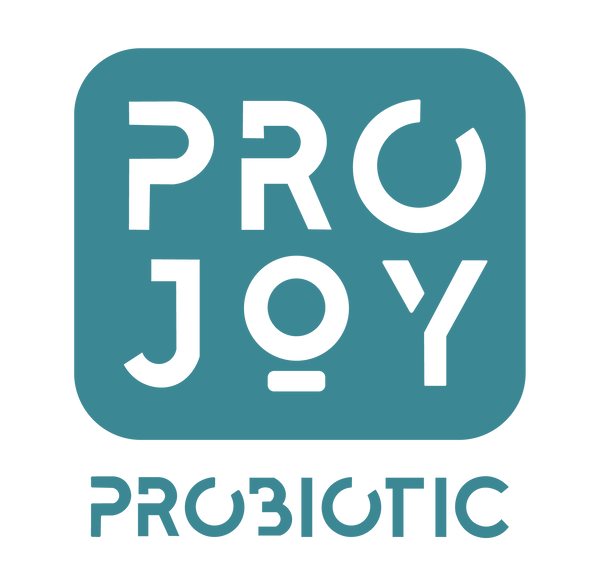
Balancing Your Gut to Beat GERD: Treatments, Diet, and Probiotics
Share
Acid reflux, also known as gastroesophageal reflux disease (GERD), is a common digestive disorder where stomach acid frequently flows back into the esophagus, causing irritation. Managing this condition often involves a combination of medical treatments, home remedies, dietary adjustments, and an understanding of the gut microbiome’s role.
GERD Treatment: Conventional and Innovative Approaches
Conventional or Temporary Treatments:
GERD treatment typically starts with lifestyle changes and over-the-counter medications. Common treatments include antacids, H2 blockers, and proton pump inhibitors (PPIs) to reduce stomach acid production. In severe cases, surgical interventions like fundoplication may be recommended.
Innovative or Permanent Treatment:
Recent studies suggest that an imbalance in the gut microbiome may contribute to GERD symptoms. The gut microbiome, a complex community of microorganisms, plays a crucial role in digestion and overall health. Probiotics, beneficial bacteria found in supplements and fermented foods, can help restore this balance. Incorporating probiotics into your diet can improve gut health, potentially reducing GERD symptoms.
Acid Reflux Home Remedies:
Quick Fixes
Ginger Tea: Ginger has natural anti-inflammatory properties that can soothe the digestive tract. Drinking ginger tea before meals may help reduce acid reflux symptoms.
Apple Cider Vinegar: While it might seem counterintuitive, a small amount of apple cider vinegar diluted in water can help balance stomach acid levels and improve digestion.
Aloe Vera Juice: Aloe vera juice can soothe the esophagus and reduce inflammation, providing relief from heartburn and acid reflux.
Long-Term Strategies
Start with Curd: If you're not already including probiotic foods in your diet, consider starting there! Homemade curd or yogurt are all excellent sources of beneficial bacteria. These can help promote a healthy gut microbiome, which may play a role in managing GERD symptoms.
Considering Specialized Probiotics: If you're already consuming curd and still experience GERD, consult your doctor about specialized probiotics like Projoy Acidity Relief Probiotics. They can recommend a specific strain or formulation that might be more effective for your individual needs.
Heartburn Relief: Quick Fixes and Long-Term Strategies
For immediate heartburn relief, consider the following:
- Chewing Gum: Chewing gum stimulates saliva production, which can help neutralize stomach acid and clear it from the esophagus.
- Baking Soda: A teaspoon of baking soda in a glass of water can act as a natural antacid, neutralizing stomach acid and providing quick relief.
- Elevate Your Head: Sleeping with your head elevated can prevent acid from flowing back into the esophagus at night.
Acid Reflux Diet: Foods to Include and Avoid
Diet plays a significant role in managing acid reflux. Here are some dietary tips:
Foods to Include:
- High-Fiber Foods: Whole grains, vegetables, and fruits can help regulate digestion and prevent acid reflux.
- Lean Proteins: Chicken, turkey, fish, and tofu are less likely to trigger reflux compared to fatty meats.
- Probiotic-Rich Foods: As mentioned, foods like yogurt, kefir, and sauerkraut can promote a healthy gut microbiome.
Foods to Avoid:
- Spicy Foods: These can irritate the esophagus and trigger acid reflux.
- Fatty Foods: High-fat foods can relax the lower esophageal sphincter, allowing acid to escape.
- Citrus Fruits and Juices: These are highly acidic and can worsen reflux symptoms.
- Caffeine and Alcohol: Both can increase stomach acid production and relax the esophageal sphincter.
Conclusion
Managing acid reflux effectively involves a combination of medical treatments, home remedies, and dietary adjustments. Understanding the role of the gut microbiome and incorporating probiotics into your diet can offer significant benefits. By adopting a holistic approach, you can reduce symptoms and improve your quality of life.
For more in-depth information, explore resources like the [National Institute of Diabetes and Digestive and Kidney Diseases (NIDDK)](https://www.niddk.nih.gov/) and [Harvard Health Publishing](https://www.health.harvard.edu/).
